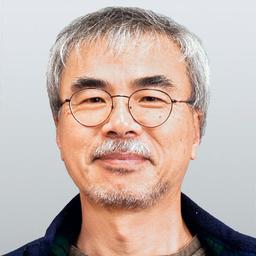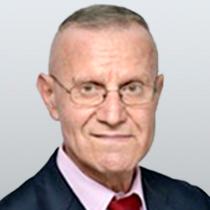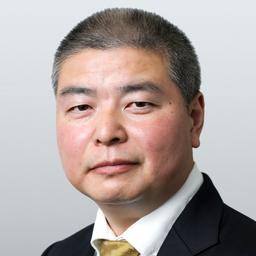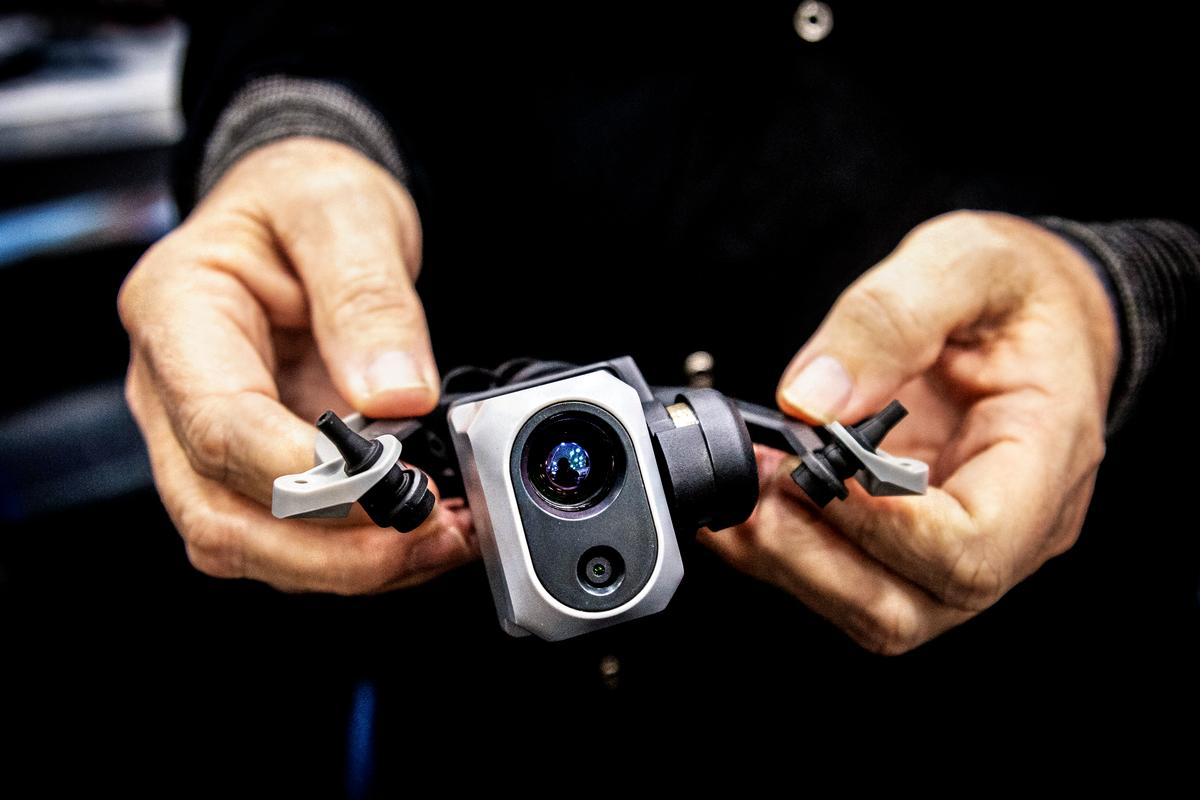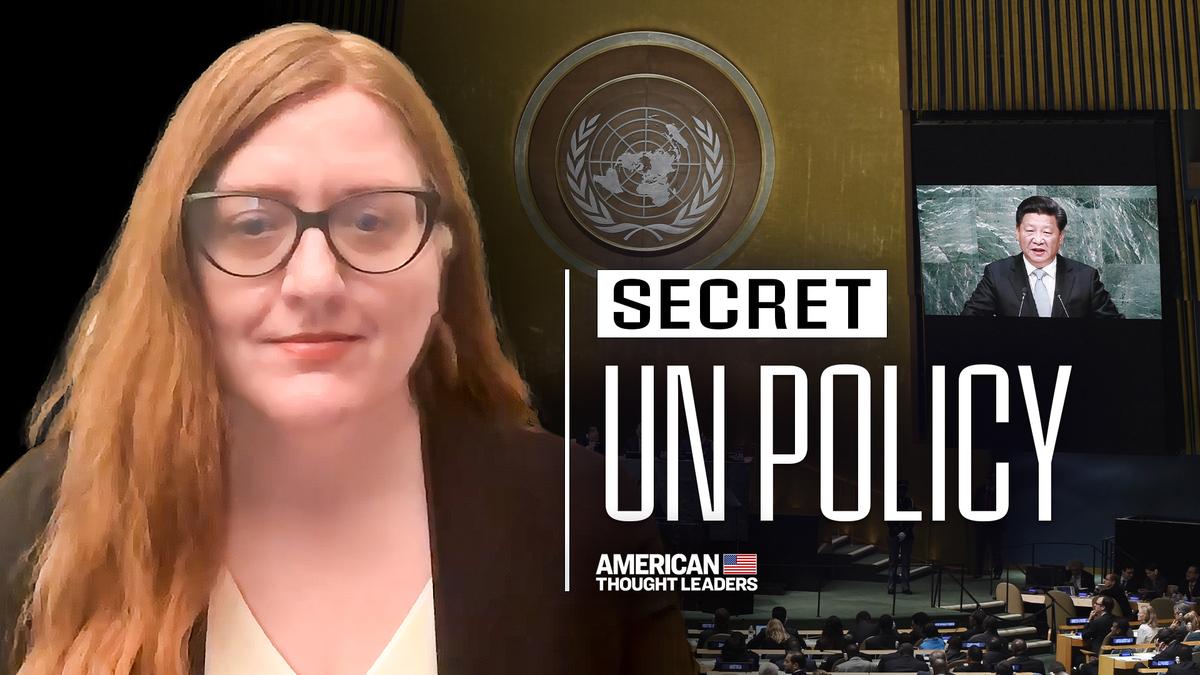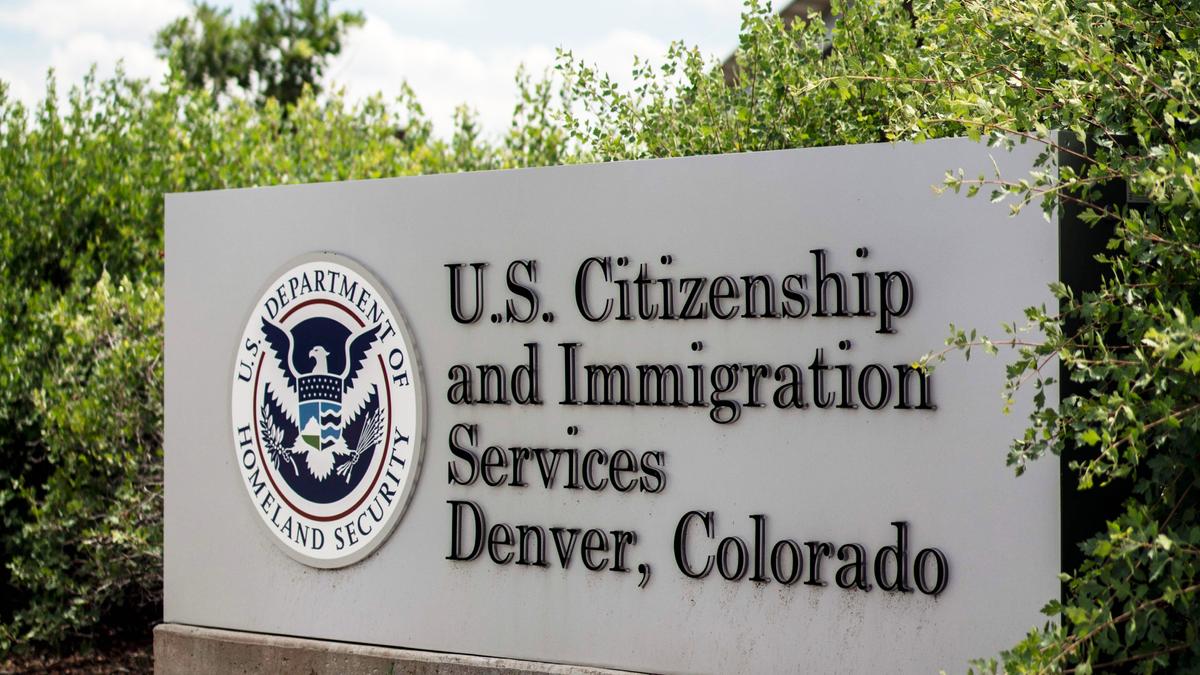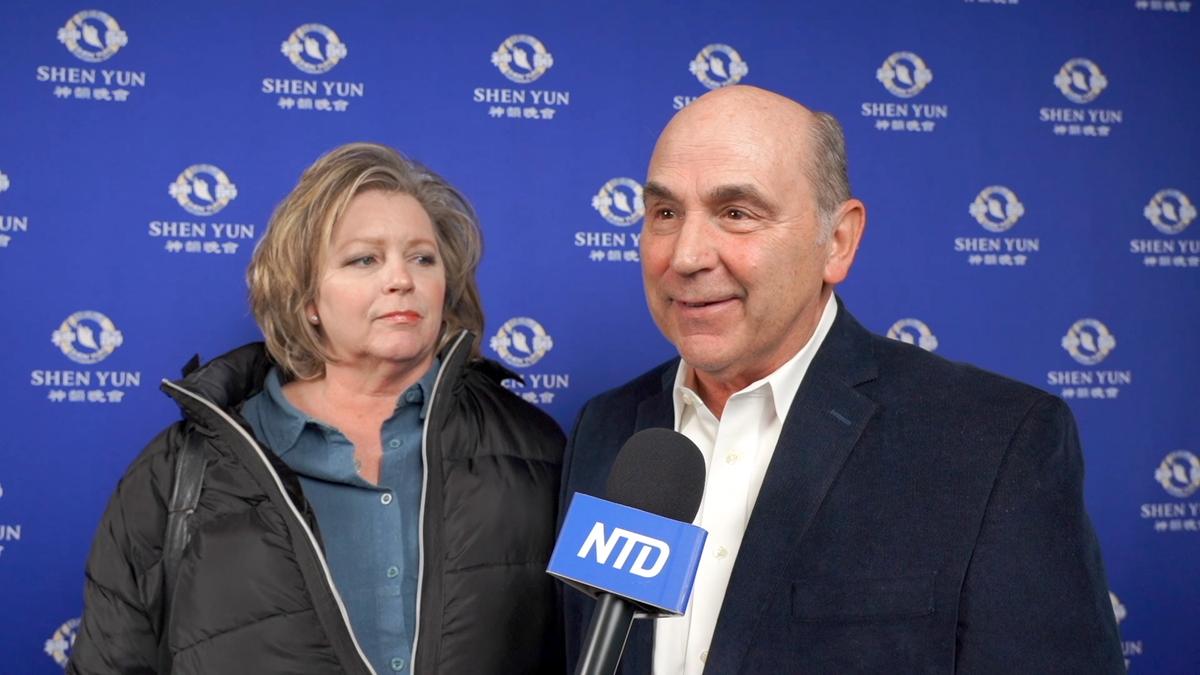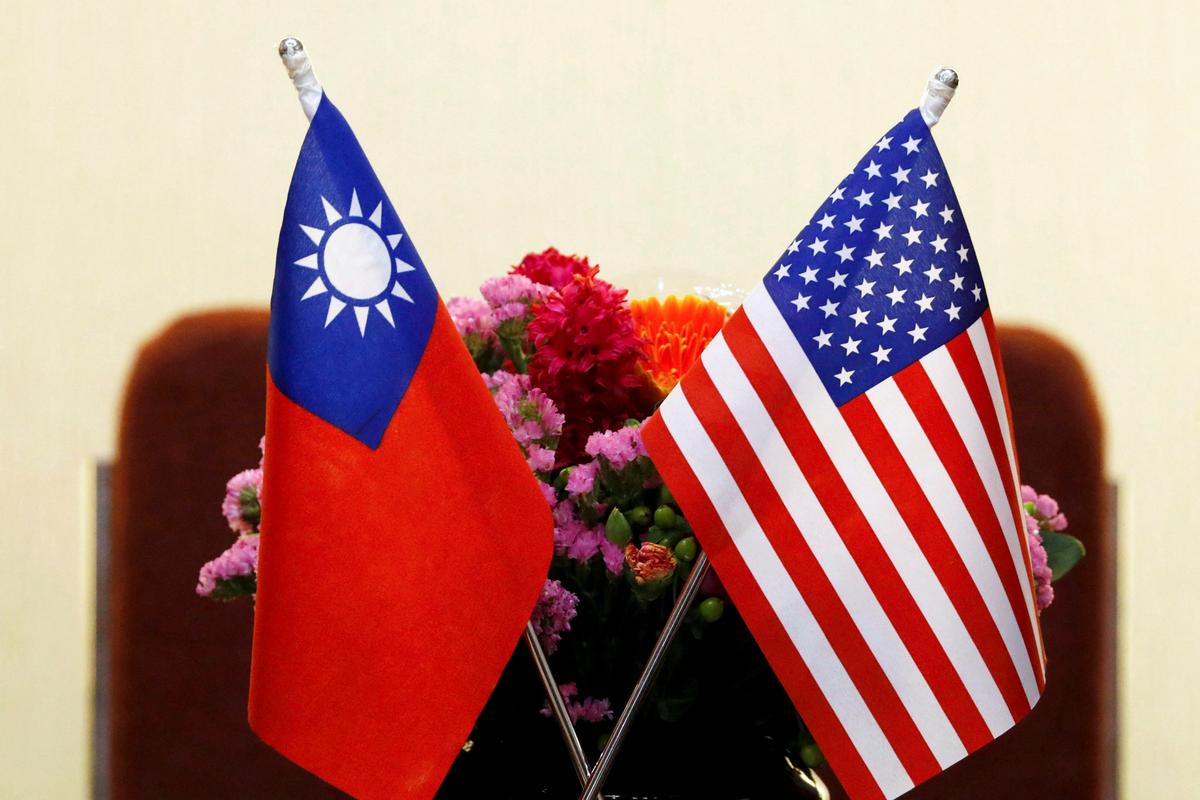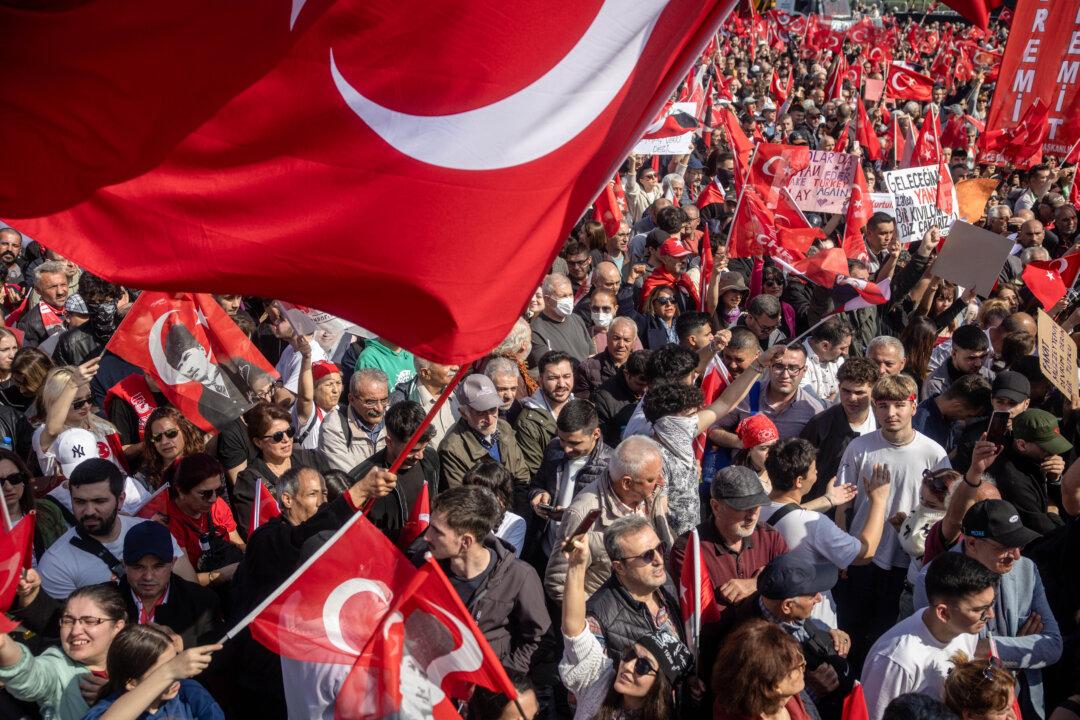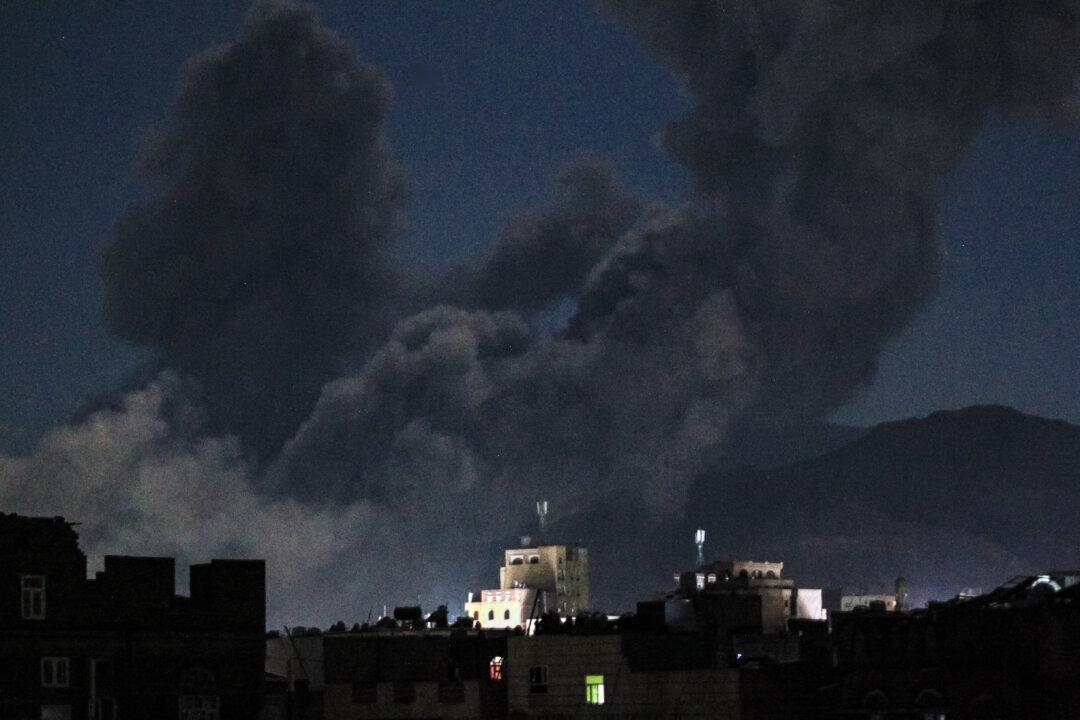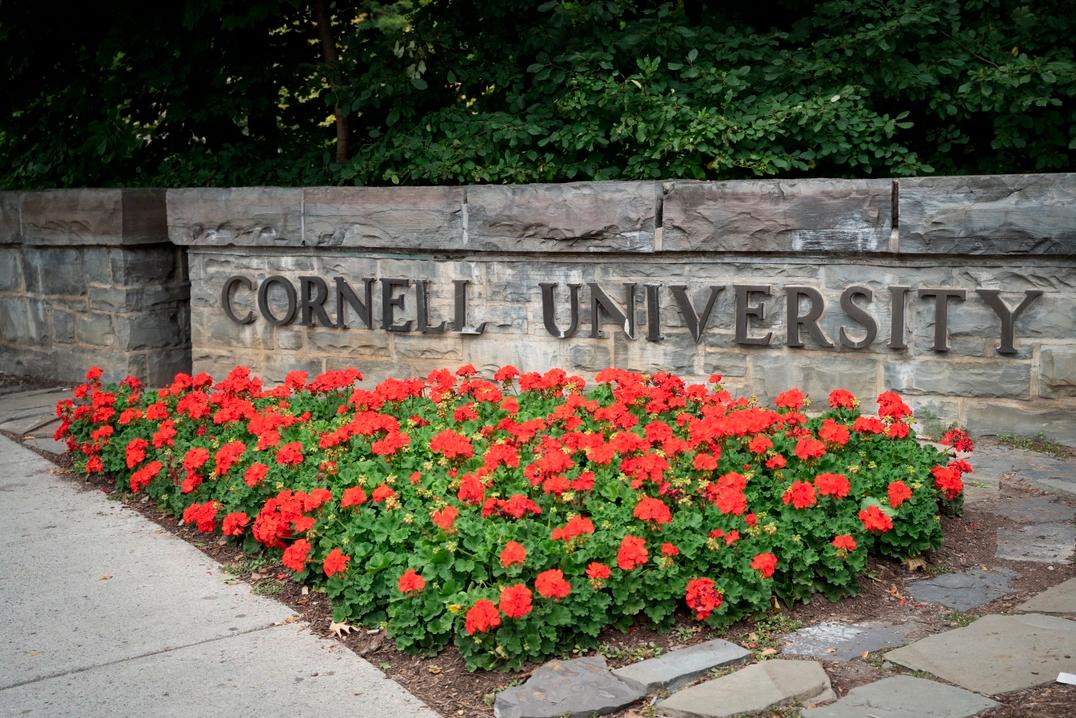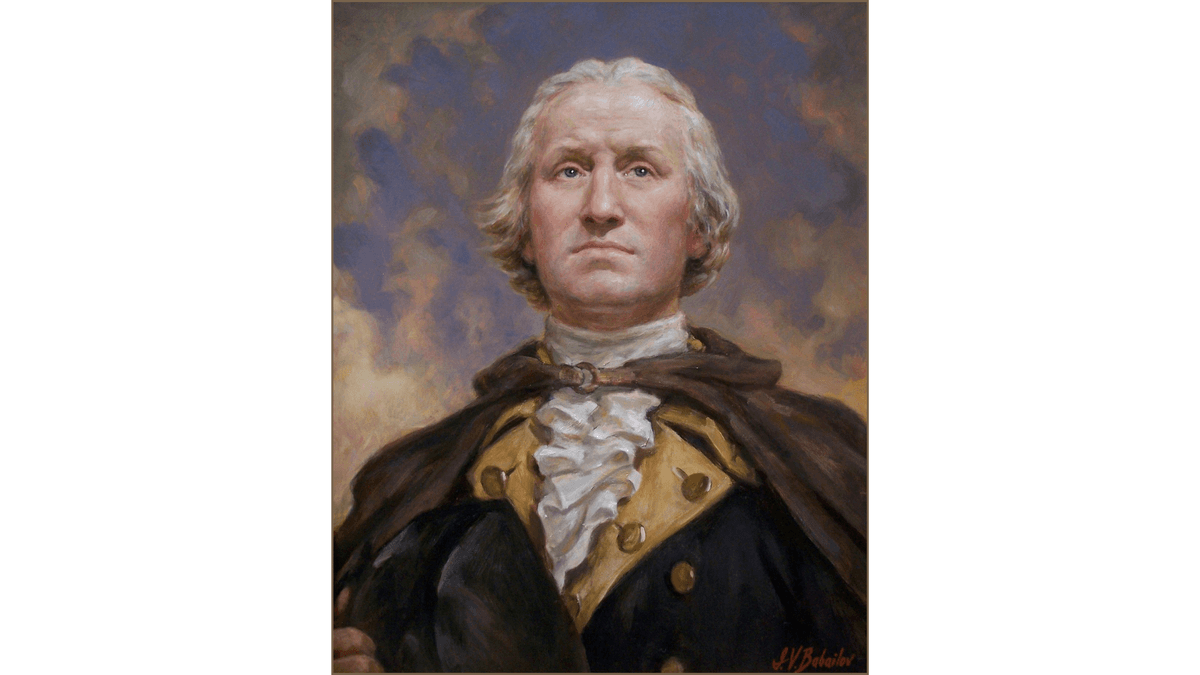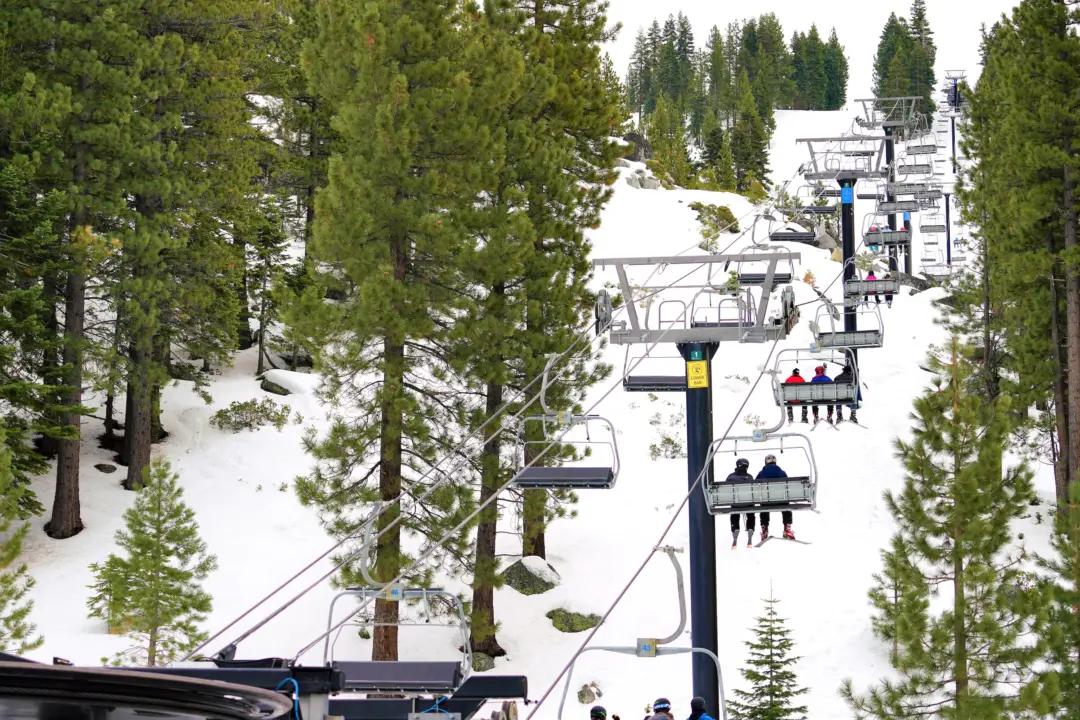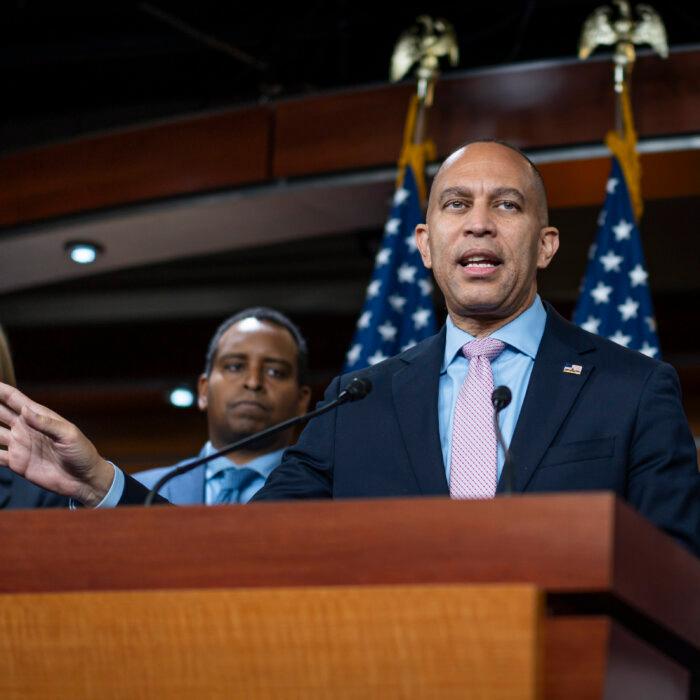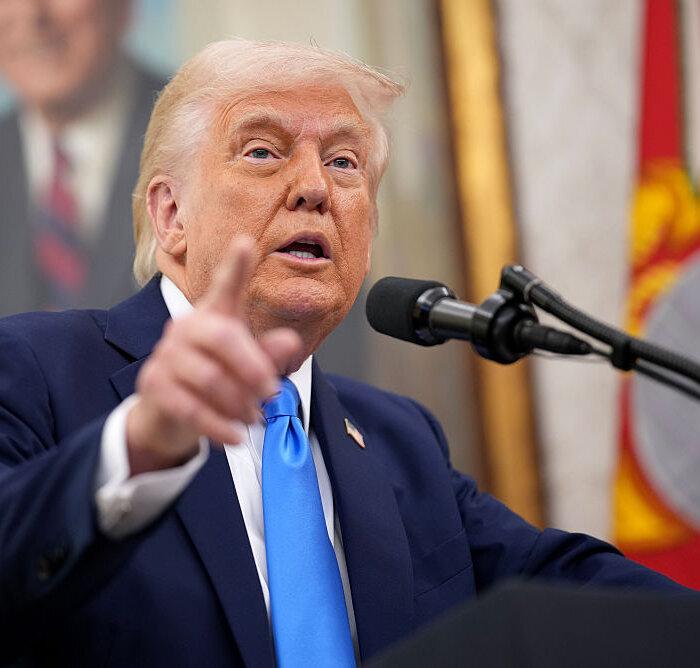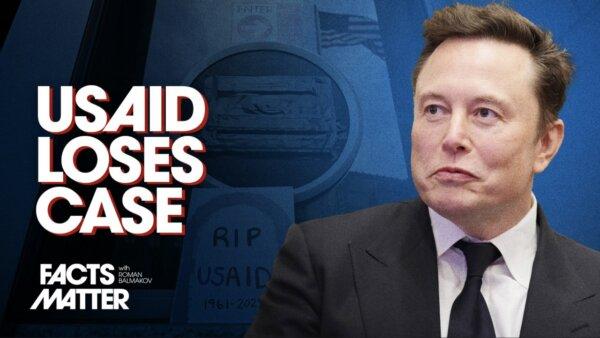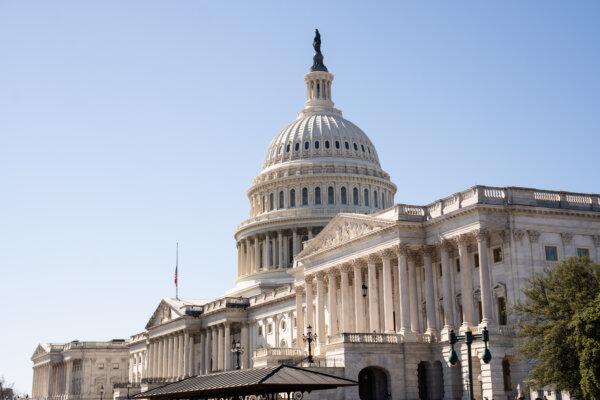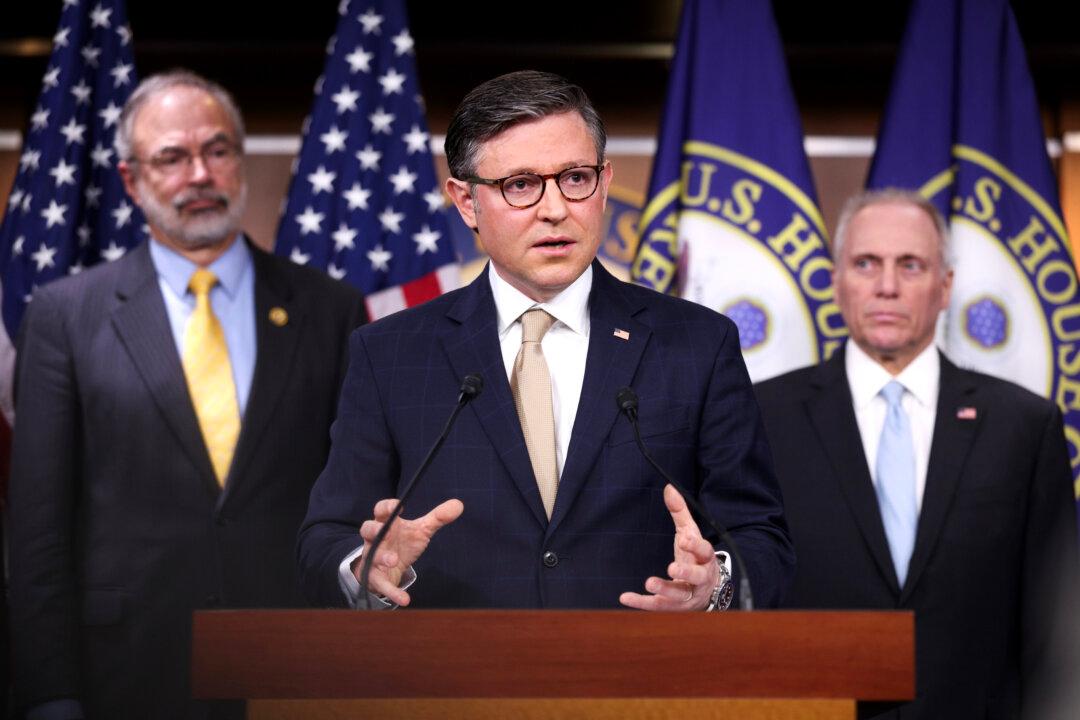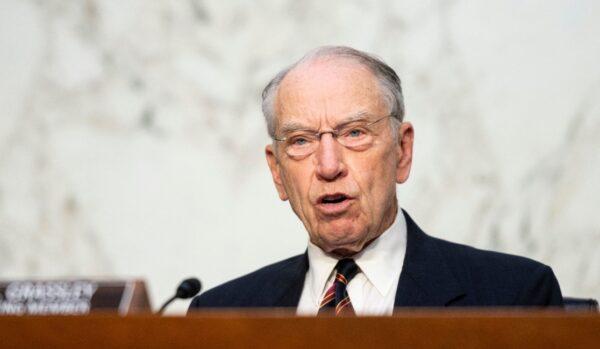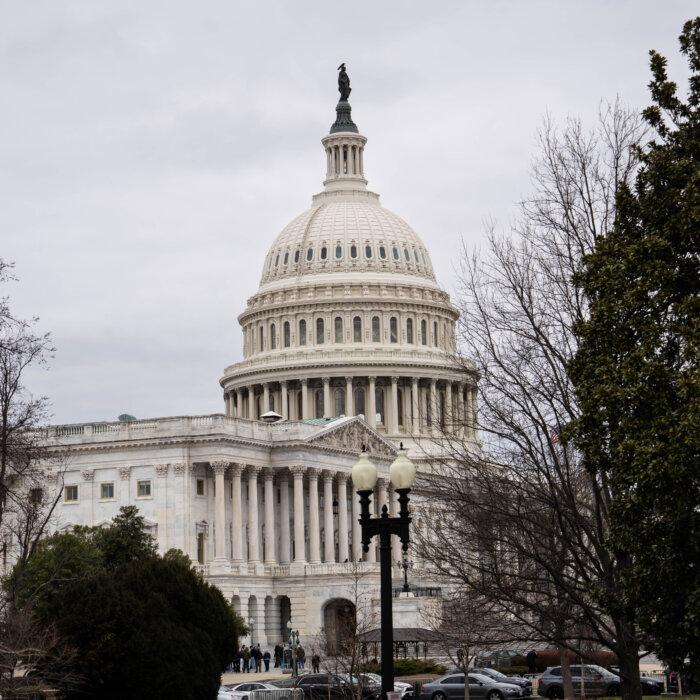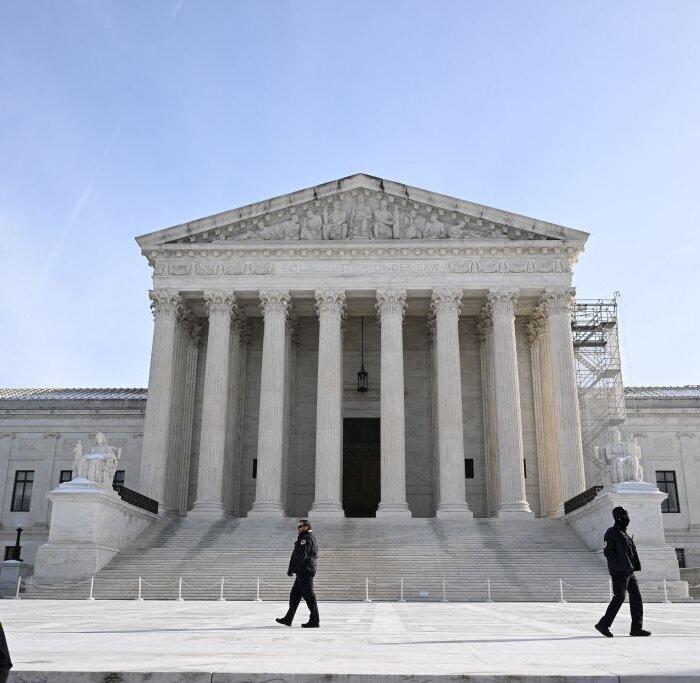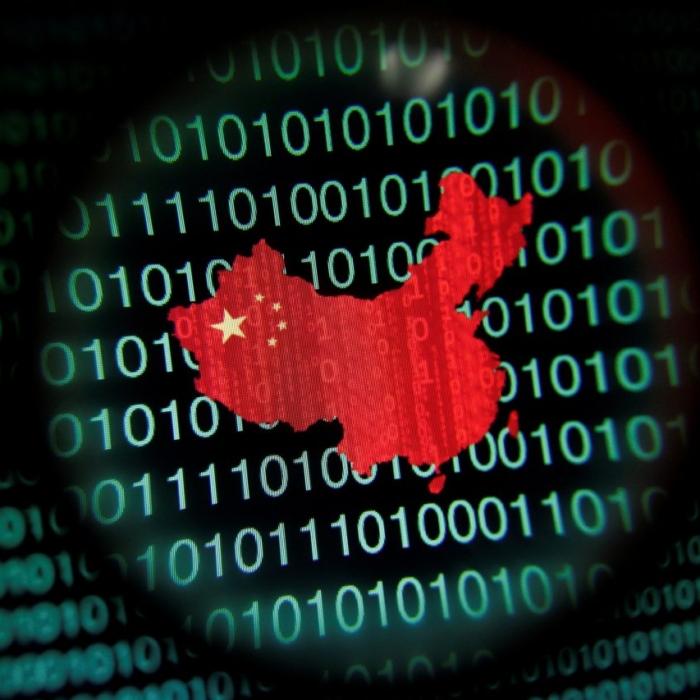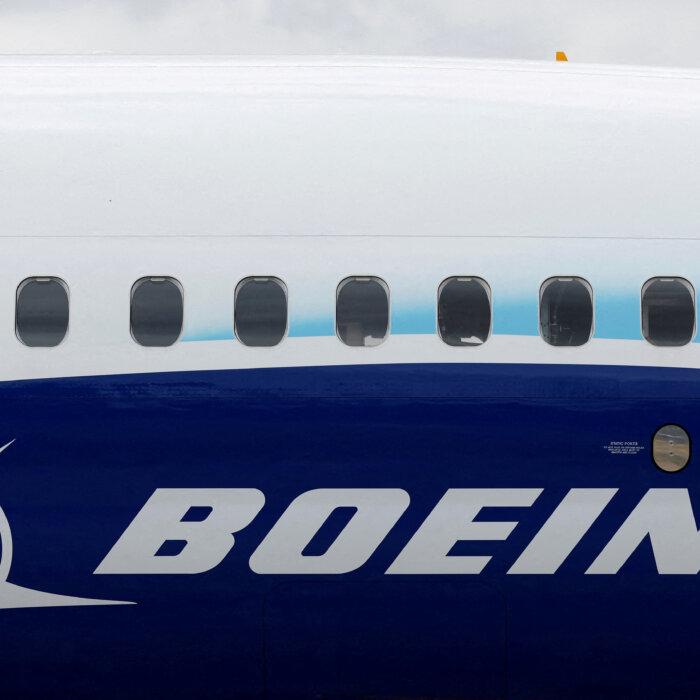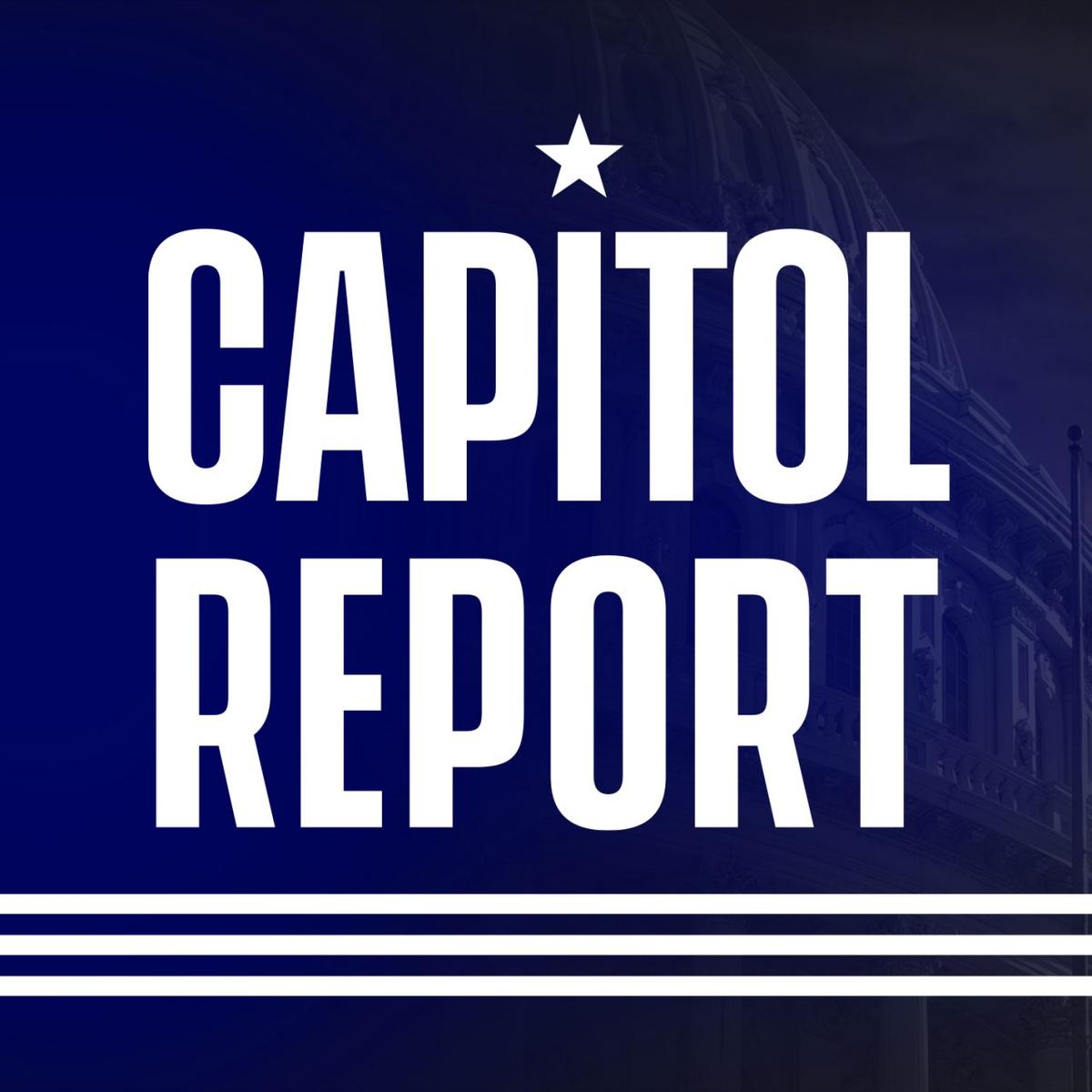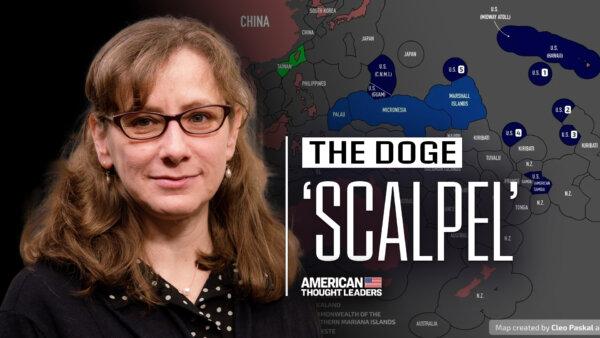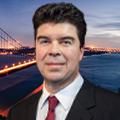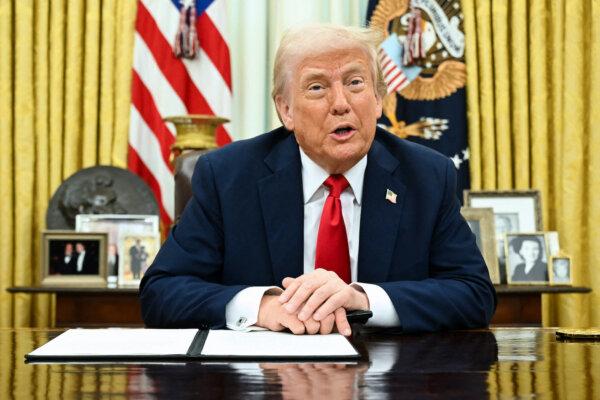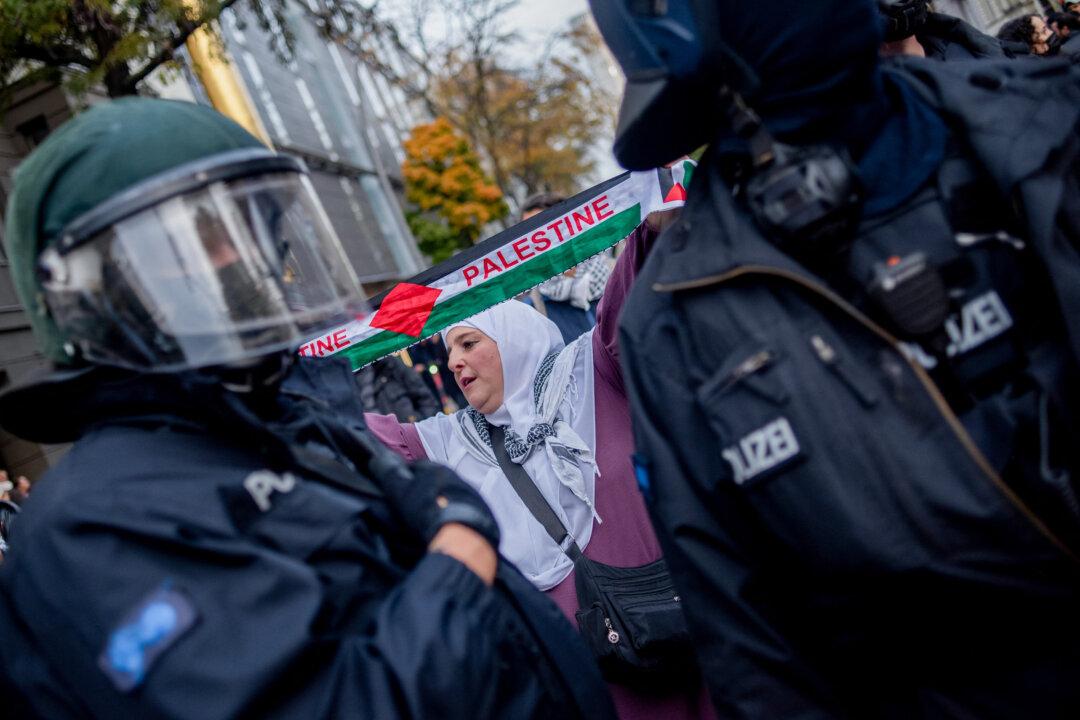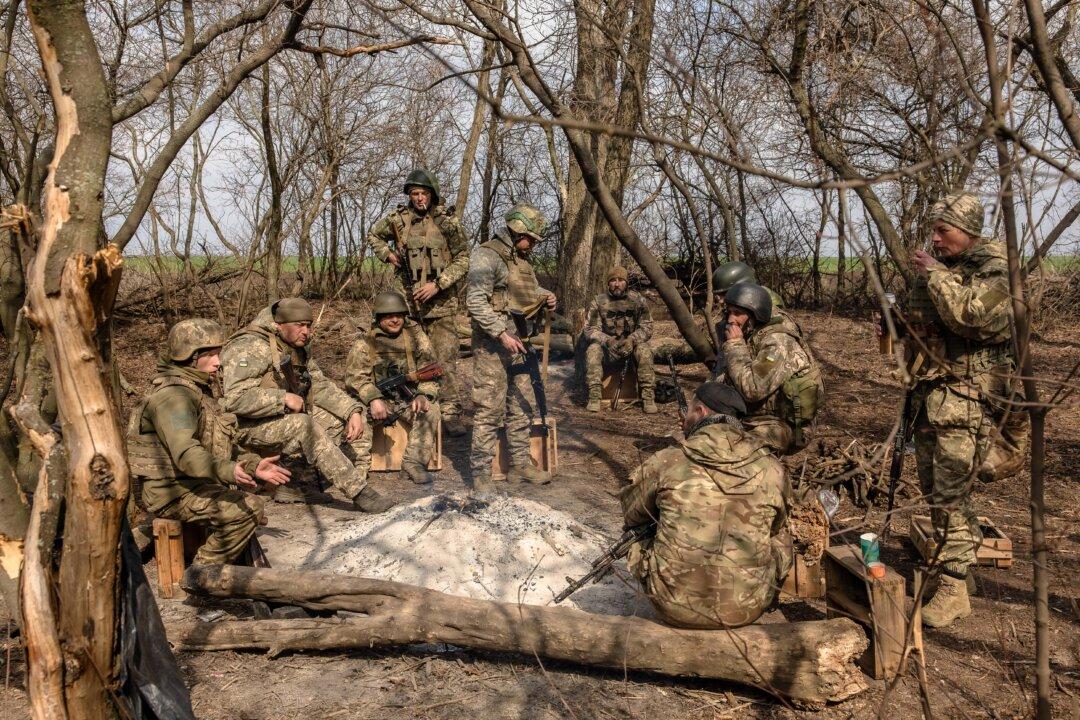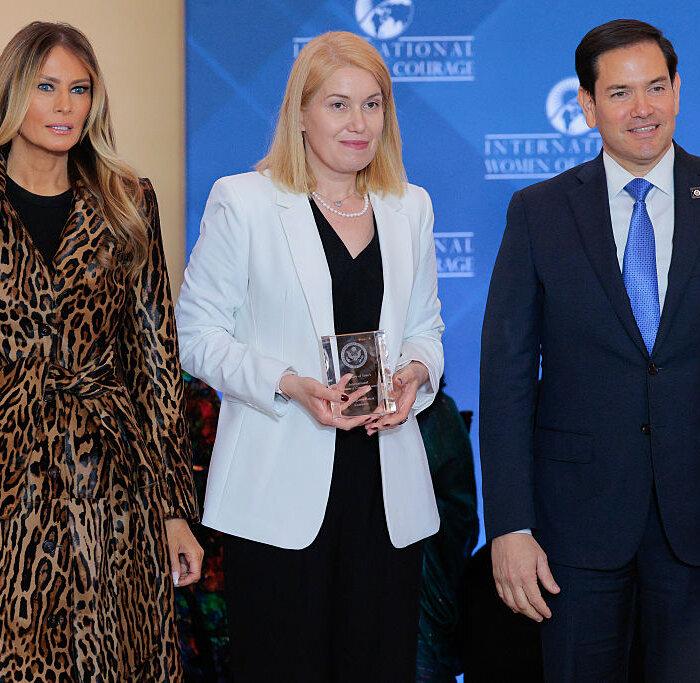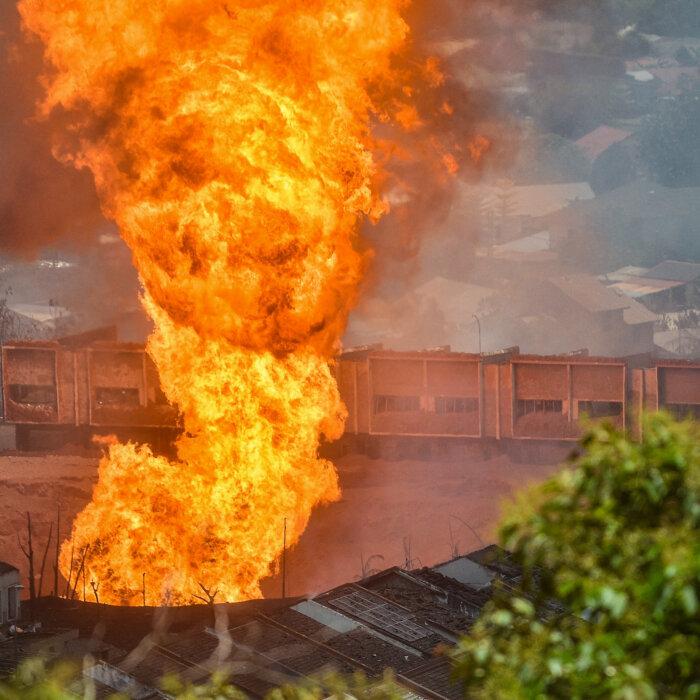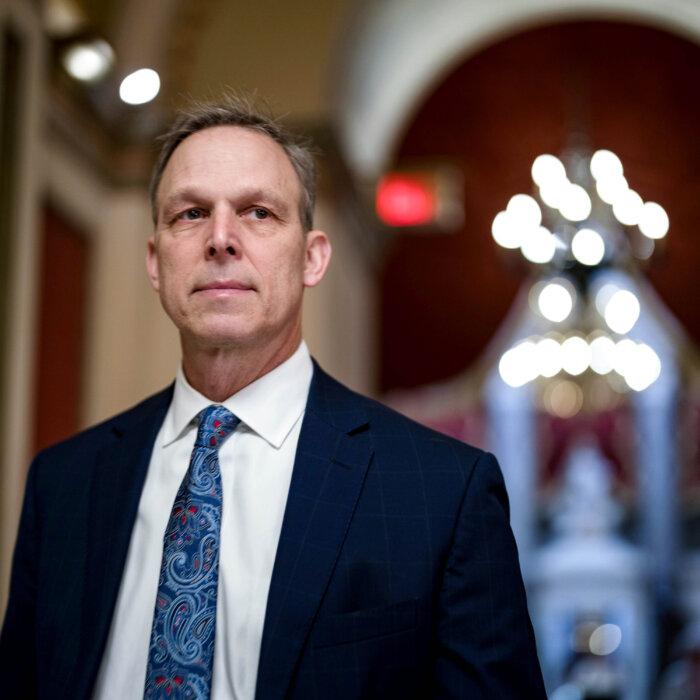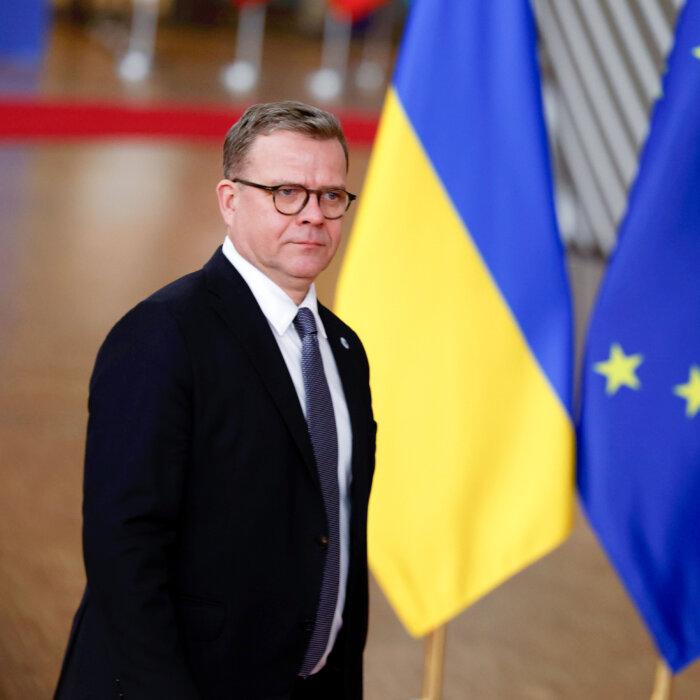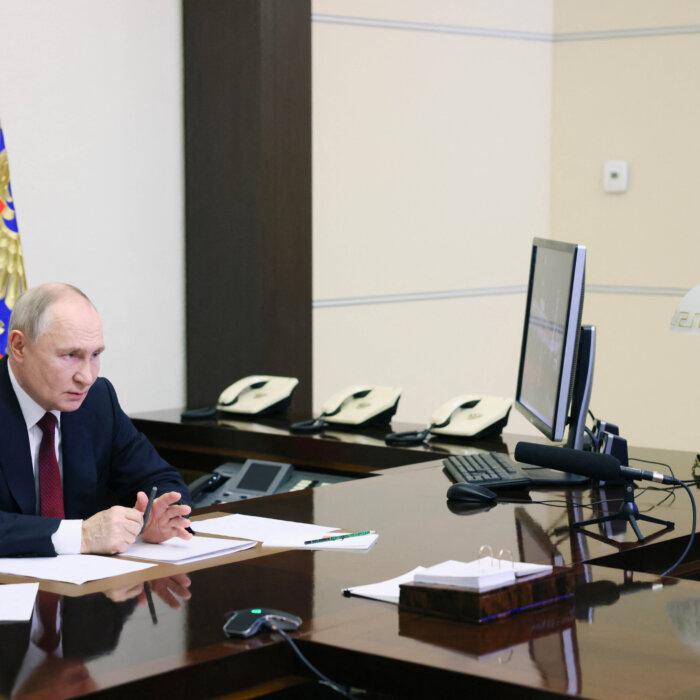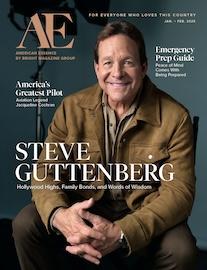Live
Trump to Impose Blanket 10 Percent Tariffs, Additional Levies on Countries With High Trade Barriers
The United States will impose universal tariffs on all countries plus higher rates for dozens of countries, Trump announced on ‘liberation day.’

Samuel Taylor Coleridge’s ‘This Lime-Tree Bower My Prison’
An unfortunate accident led the 18th-century poet Samuel Taylor Coleridge to craft a beautiful ode to nature and friendship.

‘The Penguin Lessons’: A Man, a Bird, and a New Perspective
A teacher comes to a boarding school to escape his past in this entertaining and deeply moving film.

A Heartbreaking, Inspiring Retelling of the Chosin Reservoir Withdrawal
Brutal and graphic, Joseph Wheelan’s ‘The Farthest Valley’ is a necessary work of one of America’s most heroic military moments.
Most Read
Top Stories
4 Takeaways From April 1 Elections in Florida, Wisconsin
Voters filled two House seats, a judicial seat in a state Supreme Court, and answered a ballot question, all with implications for the Trump agenda.
Africa at Crossroads After $13 Billion US Aid Cut, Say Analysts
U.S. funding was fighting disease and poverty, but many experts argue that resource-rich countries should carry their own burden.
Crypto Investors Lose Over $1.6 Billion to Hackers in First Quarter
That’s more than two-thirds of last year’s total. Less than 1 percent of the stolen funds have been recovered.
How Trump’s ‘Liberation Day’ Tariffs Are Set to Reshape Global Trade
The president will reveal the long-awaited details of his tariff plan at a White House Rose Garden event, set to take place after stock markets close.
▶Whistleblower Reveals Far Reaching CCP Influence in UN: Emma Reilly
Emma Reilly worked as a human rights lawyer at the United Nations and was fired after blowing the whistle and revealing a UN secret policy of assisting China.
White House Responds to Reports Elon Musk Is Leaving DOGE Sooner Than Later
The Tesla owner is currently a special government employee, which has a 130-day limit.
Pennsylvania Can’t Reject Misdated or Undated Ballot Envelopes, Court Rules
A U.S. district judge said the dating requirement violates voters’ constitutional rights without improving election security.
Entire CDC FOIA Office Fired as Health Agency Moves to Centralize Structure
A health official said all the Freedom of Information Act offices were previously operating in an isolated fashion.
US Immigration Services Drops 3rd Gender Option
The immigration agency has reversed a Biden-era policy, eliminating the ‘X’ gender option and restoring binary sex recognition.
CCP Swaps Jobs of 2 Senior Leaders Amid Power Struggle
This is the first time in the CCP’s history that such a role swap among Politburo members has occurred, reports say.
Transgender Covenant School Killer Planned Attack for Years, Final Police Report Says
Audrey Hale, whose mass shooting at the Christian campus in Tennessee left six victims dead in March 2023, was seeking ‘notoriety,’ police said.
▶Shen Yun, a Journey to China Before Communism, Is Wonderful: Rockford Audience
Shen Yun Performing Arts transported the audience at the Coronado Theatre in Rockford, Illinois, on a breathtaking journey through 5,000 years of Chinese civili
Supreme Court Reviews South Carolina’s Medicaid Funding Block on Planned Parenthood
The state argues that no one’s rights were violated when it decided to exclude Planned Parenthood from its Medicaid program.
US Construction Spending Rises, Outpaces Year-Ago Period
The increase in construction spending happened even though builders were concerned about rising costs.
Bipartisan Lawmakers Introduce Legislation to Support Taiwan Against Chinese Regime’s Coercion
‘This bill pushes back on Beijing’s inclination to bully smaller countries and limit Taiwan’s global network of partners,’ Rep. Raja Krishnamoorthi said.
Meta Fined by Turkey After Refusing to Restrict Facebook and Instagram
The social media giant did not reveal the size of the financial penalty.
Senators Paul, Merkley Press Trump Admin to Explain Thinking on Houthi Strikes
The senators argued that the Trump administration should consult with Congress before involving U.S. forces in foreign conflicts.
Tracking Trump’s High Level Appointments, Senate Confirmations
The Senate is undertaking the confirmation process for the president’s new administration.
Private Employers Added 155,000 Jobs in March, ADP Report Shows
Job growth accelerated in March, with financial and professional sectors leading gains while annual pay increases continued to slow.
Cornell Foreign Student Who Sued Trump Admin Self-Deports
U.S. immigration authorities had instructed Momodou Taal to turn himself in.
When George Washington Calmed a Mutiny
In this first article of the series “When Character Counted,” we visit a moment when a pair of spectacles helped save the American experiment of democracy.
Special Coverage
Special Coverage









